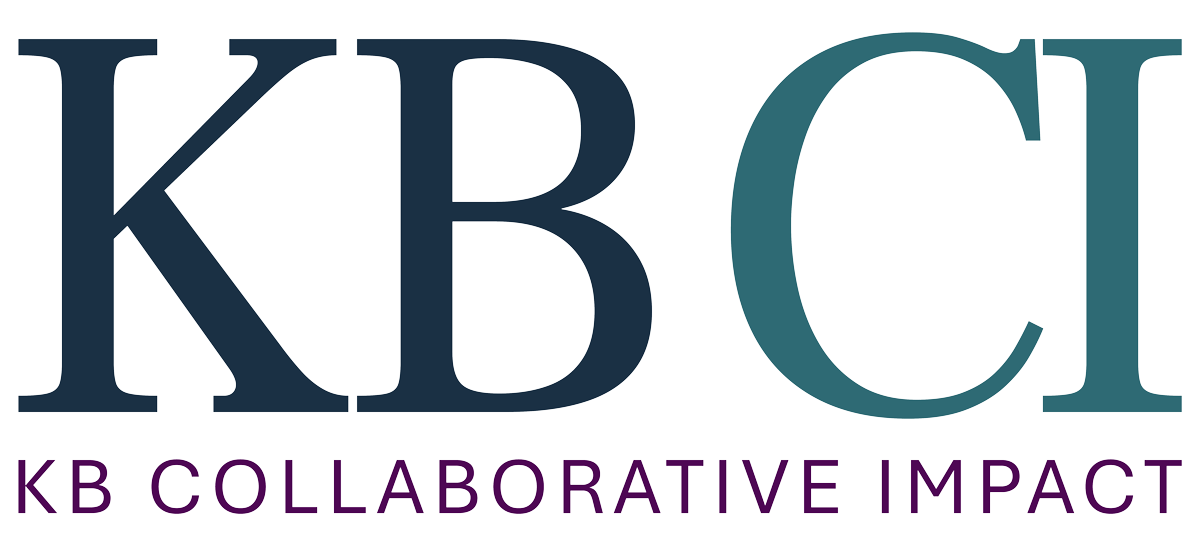
4 Rules to Bolster Morale and Productivity Through Uncertain Times
by Katherine Burke
As we enter the nail-biting final days before the U.S. elections, people across the country are unsurprisingly on edge. The election presents us with significant personal and professional “unknowns,” generating unease and anxiety, but it doesn’t always require such a massive unknown to put people on edge. Employees experience the same kind of anxiety around changes in the workplace: budget cuts, structural reorganizations, new leadership, the implementation of a new strategy, etc. All of these changes can have huge impacts on each individual’s day-to-day work experience, and worries about those unknowns can drastically reduce productivity and generate self-perpetuating declines in staff morale. Whether your team is suffering from anxiety over the upcoming elections or as the result of an internal change, there are four rules you can follow to ease their worries and minimize the impact to your operations.
Rule #1: Maintain honest, open communication. Don’t downplay what people (including you) are experiencing and are likely to experience going forward. Your people are smart, they know when things aren’t rosy, and it feels disrespectful when their leadership pretends otherwise. The cost to morale of taking an elusive approach to internal communications is far worse than that generated by an honest assessment of the situation, even if it’s fairly grim. This doesn’t mean you should be focused on doubt and worry (see Rule #2 below), but you shouldn’t be shielding staff from the truth of a situation. If you are messaging around external events, particularly those that are political, you don’t have to take a political stance. You can reassure staff simply by conveying your understanding of the potential impacts to your organization and its people – preferably alongside some optimism and concrete plans.
Rule #2: Stay optimistic. Find the certainties and opportunities in your situation, and name them out loud. Regularly. With everyone. While every change comes with risk, it also brings opportunity. Whether you control the change or it’s entirely out of your hands, you can and should be seeking the potential specks of good in every outcome. Even the worst-case scenario usually has some kind of silver lining. While you’re being honest and open about the challenges your organization is facing, you should be just as vocal about the potential opportunities. Seek them out, be specific about what they are, and ask staff at all levels to provide their ideas on what those might be as well. Optimism begets optimism, and positive thinking will raise morale and productivity, generate new ideas and help get your organization through even the most difficult challenges.
Rule #3: Make specific and realistic plans. Everyone feels better when there’s a plan. Not only is it strategically critical to develop contingency plans during moments of uncertainty, it is also valuable for staff to know that their organization is doing the right thinking to be prepared for whatever comes its way. Bring “influencer” team members – people who are well-connected and respected within your organization – at all levels into the planning. This will ensure that you have a robust set of perspectives feeding into your plans, and that word rapidly circulates throughout the organization about your proactive thinking.
Rule #4: Model balance. No matter how senior you are, how much stamina you have, or how much work there is to do, breaks from work are critical. Even for you. You might think that you’re powering through a tough stretch effectively, showing your team what it means to be a committed worker. In reality, your team is probably seeing that you’re exhausted, making questionable decisions, lacking patience and wasting time doing work that is not productive. These are things we all do when we need a break. These behaviors aren’t what you want from your team members, so don’t model them yourself. A strong work ethic is important, and taking a real break from work during non-work hours will give you and your team the head space to work smart, not just hard. Settled nerves and aha moments tend to come when we’re outside walking, baking our favorite cookies or mowing the lawn. Those are the moments when our brains are freed up to explore ideas outside the bounds of our work endeavors, register new perspectives and think creatively. They are also moments when we can set aside our anxieties and recharge for our next hard-fought success.
If you could use some help keeping your team motivated through a time of uncertainty, or if your organization would benefit from a refresh of your strategic plans, team dynamics or ways of working, I would love to help. Learn more about what I can do for your organization here.

